- Category
- Latest news
Inside the Alleged Ukrainian Drone Operation That Struck Dozens of Russian Strategic Bombers
-e3626c735fa80c72539615f28ca0873b.jpg)
A highly coordinated drone operation that reportedly damaged or destroyed over 40 Russian long-range military aircraft was more than a year and a half in the making and involved an elaborate deception plan deep inside Russian territory, according to Ukrainian media outlet Hromadske, citing sources in the Security Service of Ukraine (SBU) on June 1.
The operation, codenamed “Spiderweb”, was reportedly overseen personally by Ukrainian President Volodymyr Zelenskyy and executed by Ukraine’s domestic security agency, the SBU, under the leadership of Vasyl Malyuk.
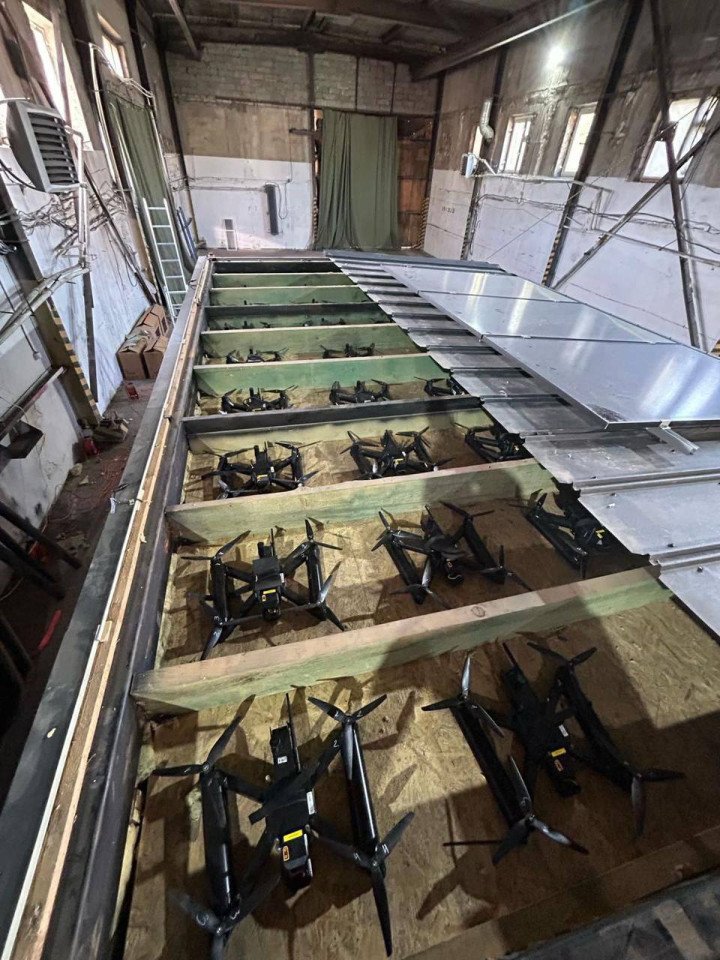
As of now, this information cannot be independently verified, and Ukrainian officials have not publicly claimed responsibility.
According to the report, the SBU allegedly spent over 18 months preparing the groundwork for the operation.
The mission’s success hinged on the clandestine transfer of FPV (First Person View) drones into Russian territory, followed by the delivery of camouflaged wooden mobile cabins that were used to conceal the drones.

The cabins were reportedly loaded onto trucks, their roofs modified to hide the drones until the moment of activation.
At the right time, the coverings were opened remotely, allowing the drones to launch directly from inside Russian territory and strike multiple aircraft at airbases including Olenya, Belaya, Dyagilevo, Ivanovo-Severny, and Voskresensk.
👀 Russian air bases were reportedly attacked by drones launched from trucks, with alleged footage of the attack surfacing online.
— UNITED24 Media (@United24media) June 1, 2025
Previosly, it was reported that four Russian air bases came under drone attack, with dozens of planes damaged. pic.twitter.com/4ELxNtlFsG
“It was an extremely complex operation logistically,” a source told Hromadske.
“The SBU first delivered the drones, then the disguised housing units. Everything was synchronized remotely to launch the drones at the optimal moment.”
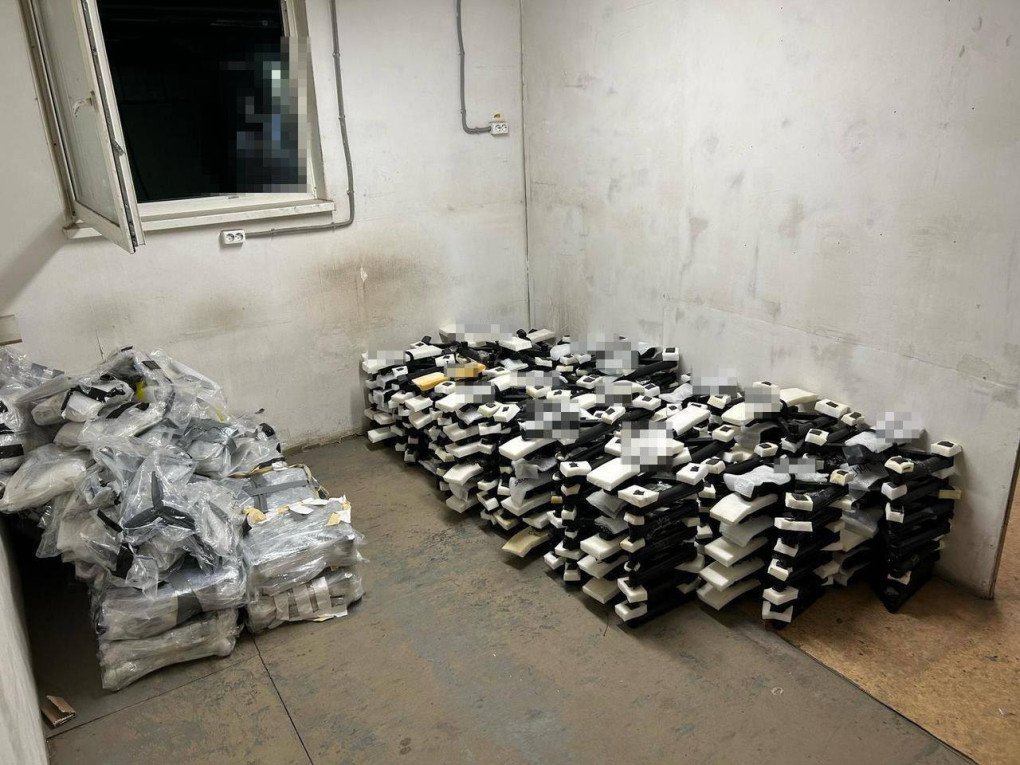
The claimed results of the operation are extraordinary: 41 Russian aircraft, primarily strategic bombers, were reportedly damaged or destroyed.
The list is said to include several Tu-95MS, Tu-22M3, and Tu-160 bombers—critical platforms for Russia’s long-range strike and nuclear capabilities—as well as an A-50 airborne early warning aircraft, which functions as the “eyes” of the Russian military for airspace control and missile targeting.
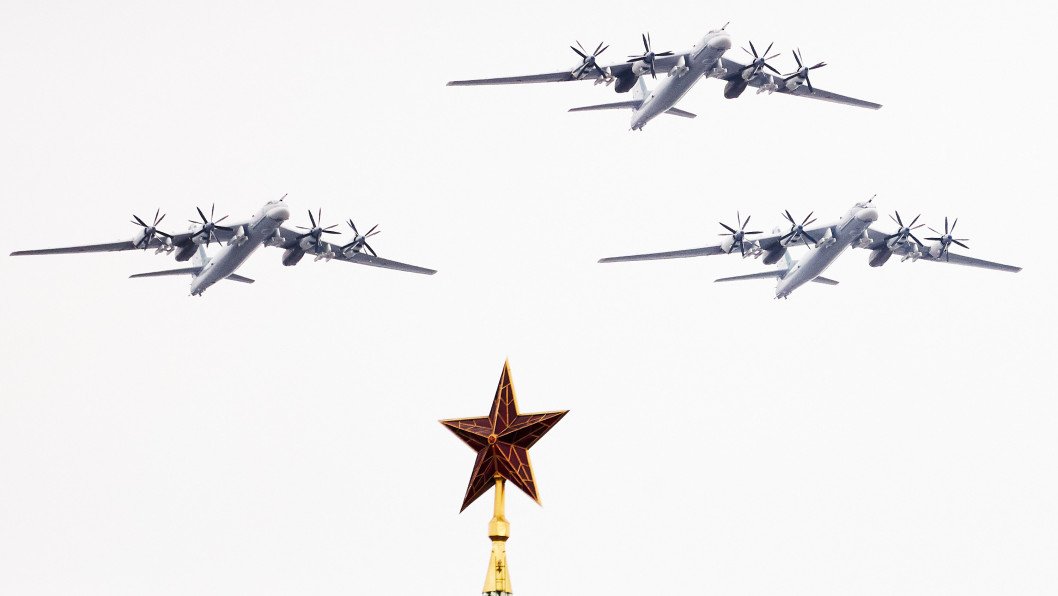
The sources also claim that all Ukrainian operatives involved in the mission had returned to Ukraine well before the strike occurred. If Russian authorities detain anyone in connection with the operation, the report suggests it would be more “a staged performance than a genuine arrest.”
Earlier, Russia relocated a large part of its strategic bomber fleet to Olenya airbase in Russia’s Murmansk region, which was hosting an unusually high concentration of strategic aircraft on May 26: 40 Tu-22M3 bombers, 11 Tu-95MS bombers, and five An-12 transport aircraft.
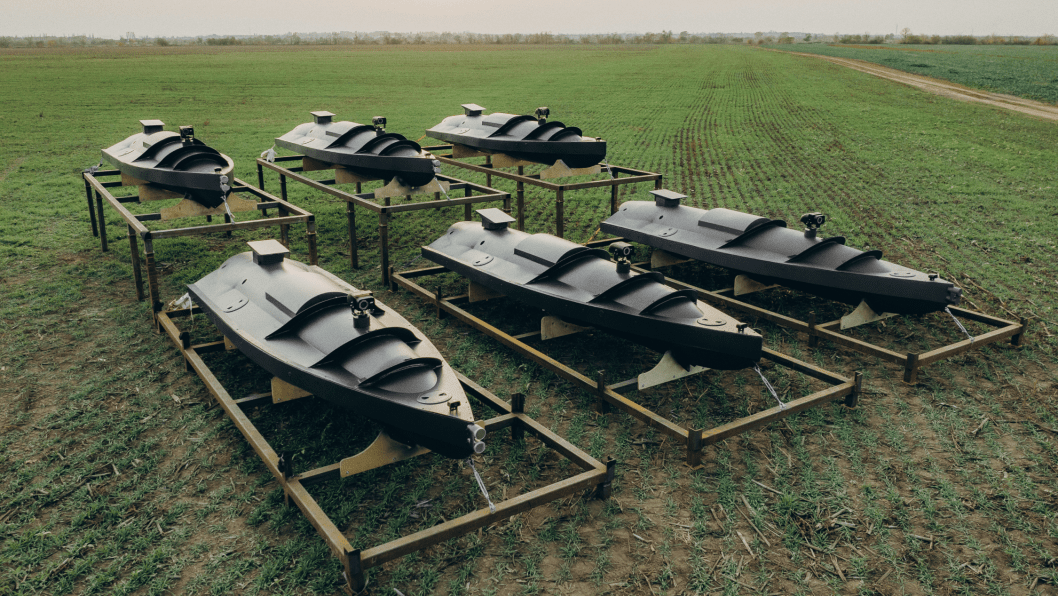


-111f0e5095e02c02446ffed57bfb0ab1.jpeg)
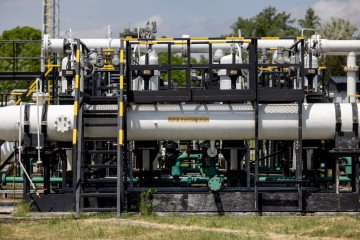
-72b63a4e0c8c475ad81fe3eed3f63729.jpeg)


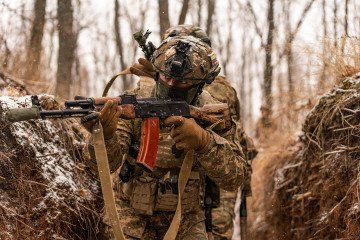
-21f402f6f32da8b0165ae48804a71feb.jpeg)